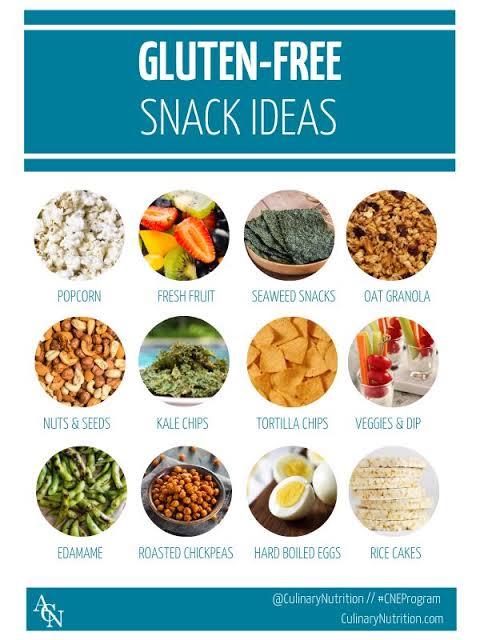
A gluten-free diet involves avoiding foods that contain gluten.
Article Content
What is a Gluten-Free Diet?
Gluten-Free Diet Guide
Dairy products:
Things to Consider:
Gluten is a group of proteins found in wheat, barley, and rye. While it is safe for most people, even small amounts can be harmful to those with celiac disease. Therefore, people with celiac disease must follow a gluten-free diet for life. Here are some tips for a healthy and balanced life on a gluten-free diet:
What is a Gluten-Free Diet?
A gluten-free diet involves avoiding foods that contain gluten. Instead of gluten-rich grains such as wheat, barley, and rye, gluten-free grains such as quinoa, buckwheat, brown rice, and corn flour are preferred. In addition, naturally gluten-free protein sources such as fruits, vegetables, meat, chicken, fish, legumes, and eggs, and healthy oils such as almonds and walnuts also play an important role in this diet.
Gluten-Free Diet Guide
Whole Grains:
Gluten-free whole grains include quinoa, brown rice, buckwheat, sorghum and cornmeal.
Gluten-free whole grains are a source of healthy carbohydrates, fiber, and vitamins and minerals.
Fruits and Vegetables:
Fresh fruits and vegetables are naturally gluten-free.
Consuming rainbow-colored fruits and vegetables at every meal provides the body with essential vitamins and minerals.
Protein Sources:
Dried legumes, oilseeds, red meat, chicken, fish and soy products are gluten-free protein sources.
Instead of ready-made meat products and breaded versions of meat, natural and unprocessed protein sources should be preferred.
Dairy products:
Basic dairy products such as milk, yogurt, and cheese are gluten-free. Instead of sweetened and additive-containing dairy products, natural and pure dairy products should be preferred.
Healthy Fats:
Healthy oils like olive oil, coconut oil, and avocado oil are gluten-free and important for a balanced diet.
Instead of ready-made sauces and processed oils such as margarine, natural and pure oils should be preferred.
Drinks:
Water, freshly squeezed fruit juice, coffee and tea are gluten-free beverages.
Although alcohol consumption is not recommended for general health, if consumed, it should be limited and gluten-free drinks should be preferred.
Spices and Sauces:
You can add flavor to meals by using natural spices, gluten-free sauces and natural syrups.
Instead of processed sauces, ready-made spice mixes and sauces containing additives, sauces made at home with natural ingredients should be preferred.
Things to Consider:
Read labels: When shopping, read food labels carefully and check for gluten in the ingredients.
Contamination Risk: If a gluten-free product is processed in the same facilities as gluten-rich products, there is a risk of contamination. Therefore, it is important to choose certified gluten-free products.
Kitchen Hygiene: In meals prepared at home, compliance with a gluten-free diet should be ensured by using separate kitchen equipment and surfaces.
A gluten-free diet is essential for those with celiac disease or gluten intolerance who need a gluten-free diet. For a healthy and balanced life, it is important to eat a variety of gluten-free foods and prefer natural, unprocessed foods. It is also important to consult a specialist health professional for a more accurate management of your health.
This information is for informational purposes only and is not intended to guide people to diagnosis and treatment. For all procedures regarding diagnosis and treatment, be sure to consult your doctor or healthcare institution. Do not apply without consulting your doctor.
This content has been prepared with scientific data on the date of registration and has been checked by the LifeClub Health Services Medical Directorate.






